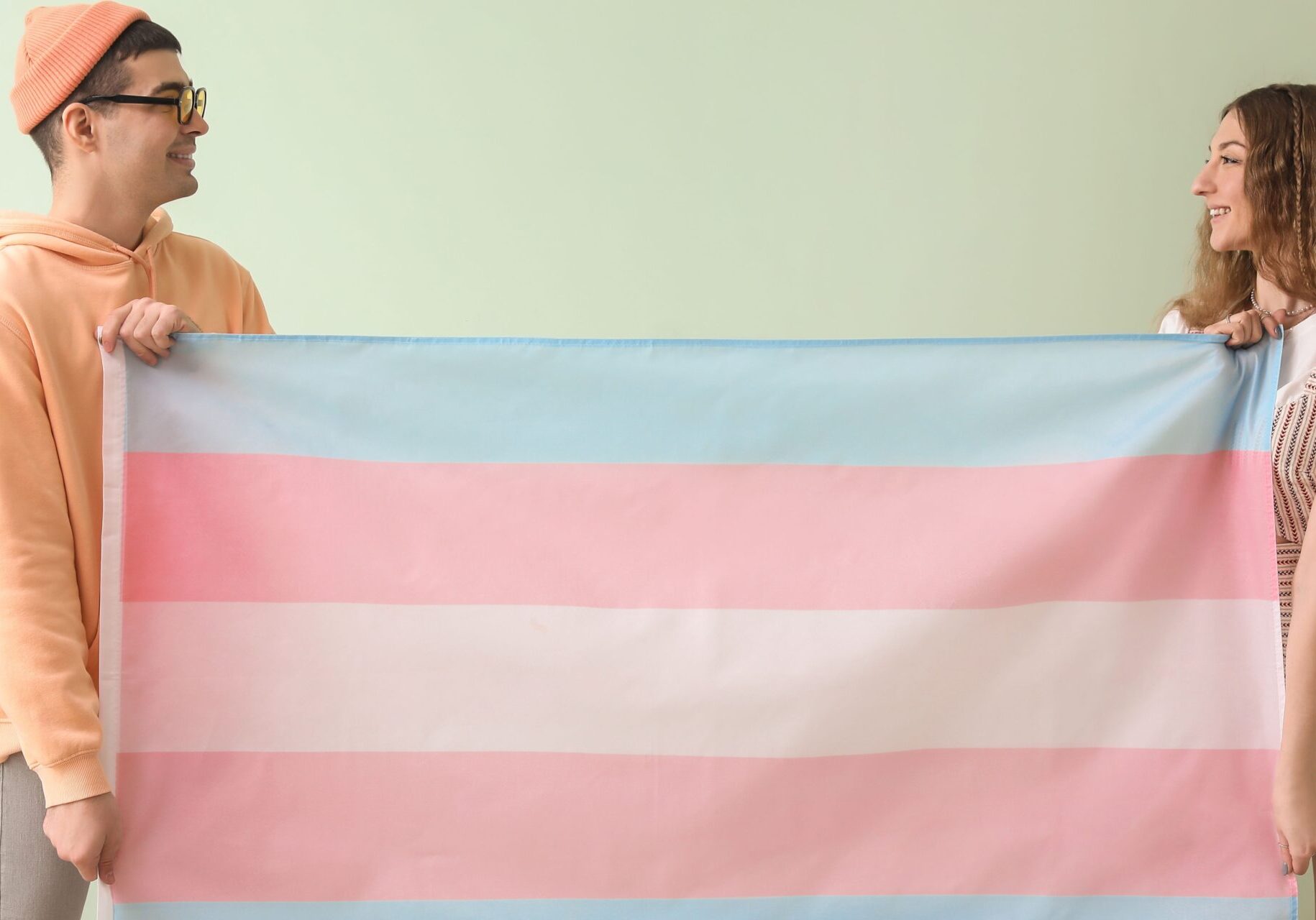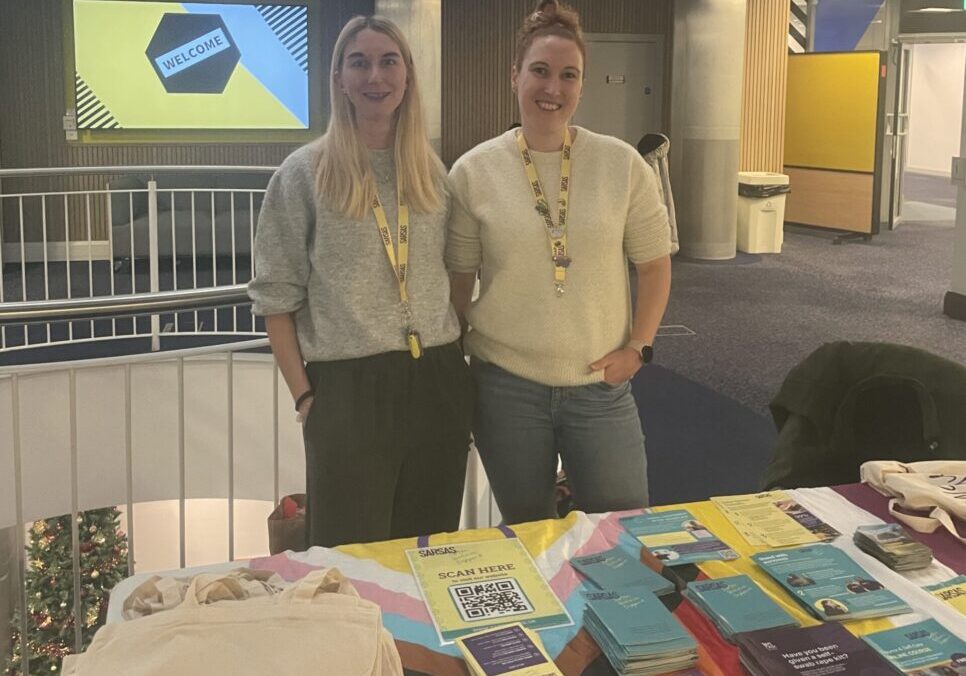
Trans inclusion best practice sharing event
During LGBT History Month we held our second national trans inclusion best practice sharing event for professionals working in the sector.
Here’s a summary of how it went from our LGBTQIA+ Champion.
Why did we hold this event?
It’s really important to us to highlight all the great work that’s being done to support trans and non-binary (TNBI) survivors. We wanted to share and learn about strategies across the sector.
Last November we held our first event about trans inclusion and got such great feedback that we decided to hold a second one! We thought February, LGBT History Month, would be a good time.
How did it go?
We had a great turnout again, with team members from at least 13 organisations from all over the country.
This event’s theme was thinking about how we make first contact with clients inclusive – whether that’s a phone assessment or an in-person visit.
We heard a presentation from Bethan at GALOP, a charity which supports LGBT+ people who have experienced abuse and violence. Bethan shared some of GALOP’s recommendations for providing an inclusive environment from the outset, including in their self-referral forms. One thing we really loved is that GALOP always end their self-referral forms by asking clients, “what brings you joy?” Being LGBTQIA+ can be difficult, but it can also be joyous and life-affirming!
What did you learn?
After Bethan’s presentation, we had a discussion and skill sharing section. This was a chance for participants to share their questions, practices, tips, concerns, and strategies.
It was really powerful hearing all the different ways that organisations try to support and welcome their trans clients. We talked about lots of issues: from awareness of shifting pronouns to making sure we have inclusive non-English language interpretation available for anyone who needs.
We really enjoyed hearing from so many different voices and experiences, and building bridges across organisations. Sharing knowledge helps us support our trans clients the best we can!
“A safe inclusive space where people felt able to ask questions about some challenging situations and share ideas and practice. I learnt so much and cannot wait for the next one!”
What’s next?
We hope to keep running these events quarterly, covering different themes.
If you haven’t already, you can read all about our first event here.
For more information please contact: media@sarsas.org.uk





